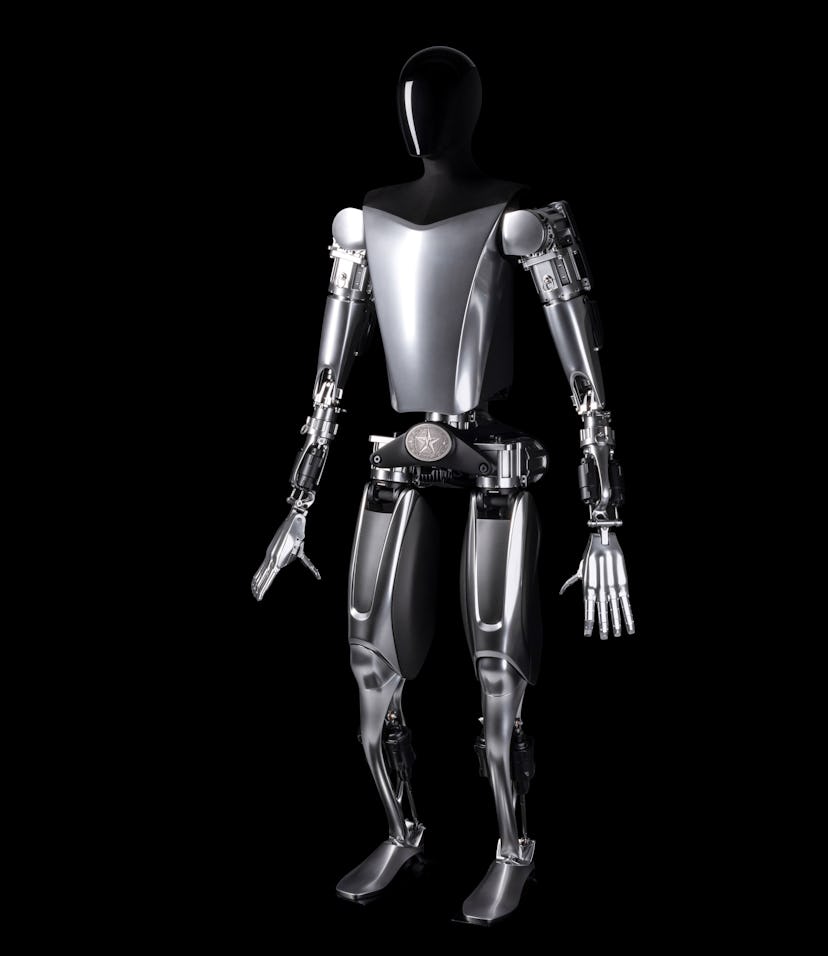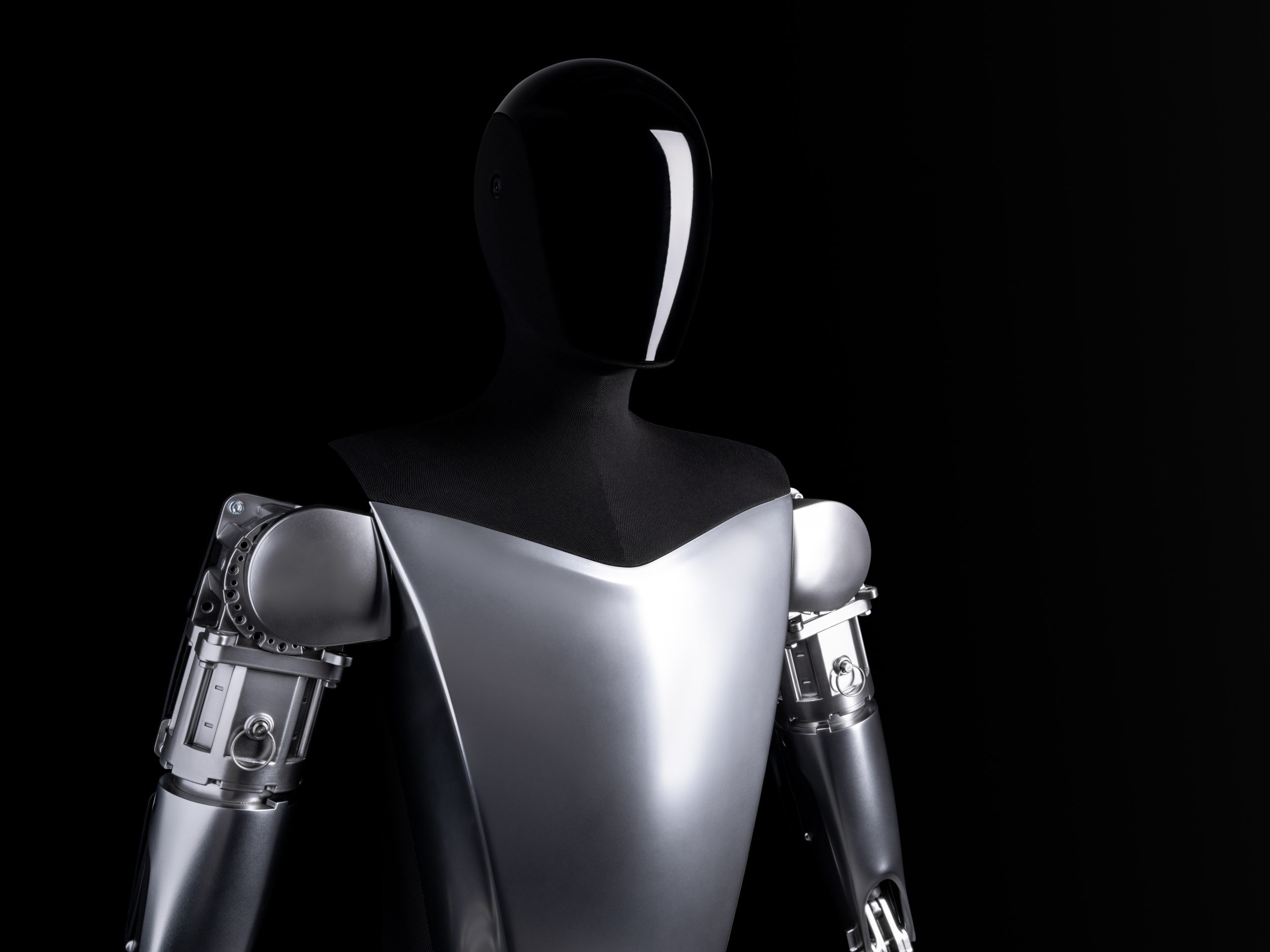Elon Musk has become a global symbol of innovation, entrepreneurship, and futuristic thinking. Known for his work with Tesla, SpaceX, Neuralink, and now Optimus, Musk continues to push the boundaries of what is possible in technology and human advancement. As the world grapples with challenges ranging from climate change to space exploration, Musk’s contributions offer a beacon of hope and inspiration.
Optimus Elon Musk represents a new era in robotics and artificial intelligence. This humanoid robot, developed by Tesla, is designed to perform a variety of tasks, from manual labor to complex problem-solving. Musk’s vision extends beyond creating a mere machine; it aims to revolutionize industries, improve quality of life, and address global workforce shortages.
In this article, we will delve deep into the world of Optimus Elon Musk, exploring its development, applications, and implications for the future. Whether you’re a tech enthusiast, a business professional, or simply curious about the future of robotics, this article will provide valuable insights and information.
Read also:Mexico Vs Canada 2025 A Comprehensive Analysis Of The Upcoming Showdown
Table of Contents
- Biography of Elon Musk
- Overview of Optimus Elon Musk
- Development of Optimus
- Technology Behind Optimus
- Applications of Optimus
- Impact on Industries
- Challenges and Concerns
- Future of Optimus Elon Musk
- Data and Statistics
- Conclusion
Biography of Elon Musk
Elon Musk, born on June 28, 1971, in Pretoria, South Africa, is one of the most influential figures in the modern world. His journey from a young entrepreneur to a global leader in technology and space exploration has been nothing short of extraordinary.
Biodata of Elon Musk
| Full Name | Elon Reeve Musk |
|---|---|
| Date of Birth | June 28, 1971 |
| Place of Birth | Pretoria, South Africa |
| Education | University of Pennsylvania (B.S. in Physics and B.A. in Economics) |
| Net Worth | Approximately $250 billion (as of 2023) |
| Companies | Tesla, SpaceX, Neuralink, The Boring Company |
Musk’s early interest in technology and entrepreneurship led him to co-found PayPal, which was later acquired by eBay for $1.5 billion. This financial success allowed him to invest in his vision of sustainable energy and space exploration, leading to the creation of Tesla and SpaceX.
Overview of Optimus Elon Musk
Optimus Elon Musk is a humanoid robot developed by Tesla, designed to perform a wide range of tasks that are traditionally done by humans. This robot is part of Musk’s broader vision to create a world where machines can assist humans in various aspects of life.
Some key features of Optimus include:
- Human-like dexterity
- Advanced AI capabilities
- Energy-efficient design
- Custom-built hardware and software
The development of Optimus represents a significant milestone in the field of robotics, showcasing Tesla’s commitment to innovation and technological advancement.
Development of Optimus
The journey of developing Optimus began with Musk’s vision of creating a robot that could perform repetitive and dangerous tasks, thereby freeing humans to focus on more creative and meaningful work. Tesla’s team of engineers and AI experts worked tirelessly to bring this vision to life.
Read also:Severance Season 2 Finale A Deep Dive Into The Mindbending Conclusion
Key Milestones in Optimus Development
Some of the key milestones in the development of Optimus include:
- 2019: Initial concept and research
- 2021: Prototype development
- 2022: First public demonstration
- 2023: Enhanced AI and hardware integration
These milestones highlight Tesla’s dedication to pushing the boundaries of what is possible in robotics and AI.
Technology Behind Optimus
Optimus leverages cutting-edge technology to achieve its remarkable capabilities. The robot is equipped with advanced sensors, custom-built processors, and AI algorithms that enable it to interact with its environment in a human-like manner.
Core Technologies
The core technologies behind Optimus include:
- AI-driven decision-making
- Computer vision for object recognition
- Advanced robotics for movement and manipulation
- Energy-efficient power systems
These technologies work together seamlessly to create a robot that is not only functional but also efficient and safe.
Applications of Optimus
Optimus has a wide range of potential applications across various industries. From manufacturing to healthcare, the robot can perform tasks that are either too dangerous or too repetitive for humans.
Key Applications
Some of the key applications of Optimus include:
- Manufacturing and assembly line work
- Healthcare assistance, such as patient care and medication delivery
- Logistics and warehousing operations
- Construction and infrastructure development
These applications highlight the versatility and potential of Optimus to transform various sectors of the economy.
Impact on Industries
The introduction of Optimus is expected to have a profound impact on industries worldwide. By automating repetitive and dangerous tasks, the robot can increase productivity, reduce costs, and improve safety in the workplace.
According to a report by McKinsey, automation could boost global productivity by up to 1.4% annually. This statistic underscores the potential of robots like Optimus to drive economic growth and innovation.
Challenges and Concerns
Despite its many advantages, the development and deployment of Optimus also raise several challenges and concerns. Issues such as job displacement, ethical considerations, and cybersecurity risks need to be addressed to ensure the responsible use of this technology.
Key Challenges
Some of the key challenges associated with Optimus include:
- Job displacement in certain industries
- Ethical concerns regarding AI decision-making
- Cybersecurity risks associated with connected systems
Addressing these challenges will require collaboration between governments, businesses, and society to ensure that the benefits of Optimus are shared equitably.
Future of Optimus Elon Musk
The future of Optimus Elon Musk looks bright, with continued advancements in AI, robotics, and energy efficiency. Tesla plans to expand the capabilities of Optimus, making it more versatile and accessible to businesses and consumers worldwide.
As the world becomes increasingly automated, robots like Optimus will play a crucial role in shaping the future of work and society. Musk’s vision of a world where humans and machines coexist harmoniously is closer to reality than ever before.
Data and Statistics
Here are some key data points and statistics related to Optimus Elon Musk:
- Tesla’s AI Day 2023 attracted over 5 million viewers globally
- Optimus is expected to reduce labor costs by up to 30% in certain industries
- The global robotics market is projected to reach $74 billion by 2025
- Tesla’s investment in AI and robotics has grown by 40% annually since 2020
These statistics highlight the growing importance of robotics and AI in the modern economy.
Conclusion
Optimus Elon Musk represents a groundbreaking achievement in the field of robotics and AI. With its advanced capabilities and wide-ranging applications, this humanoid robot has the potential to transform industries and improve lives around the world.
We encourage readers to share their thoughts and questions in the comments section below. Additionally, consider exploring other articles on our site to learn more about the latest developments in technology and innovation.
Thank you for reading, and we look forward to seeing how Optimus continues to shape the future!


